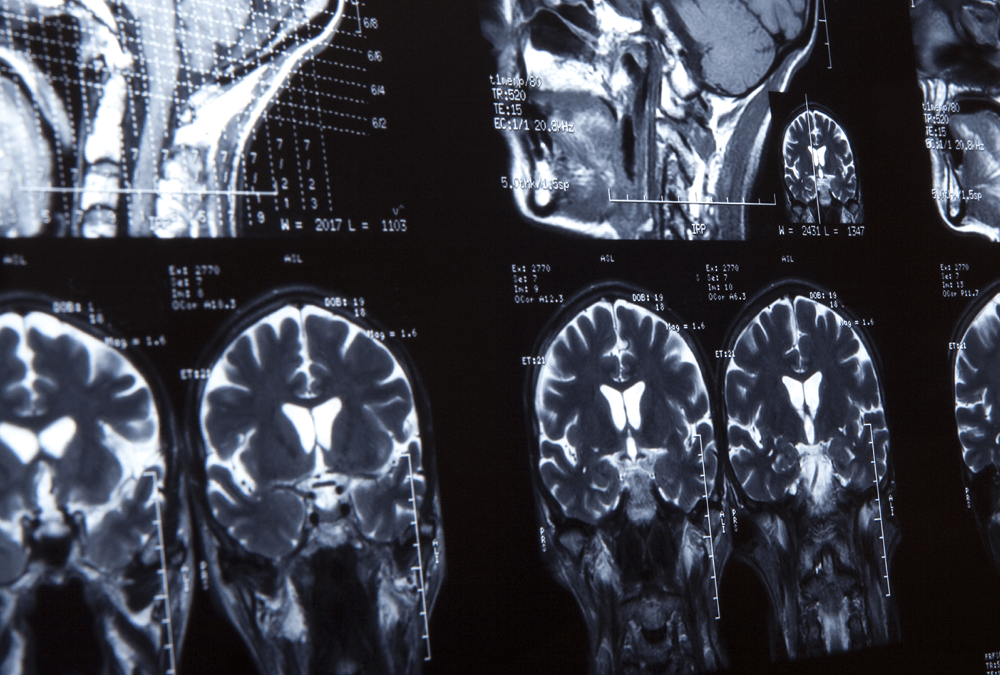Cancer is something we always hear about. It is a scary topic and something that will potentially affect 1 In 2 (50%) males and 45% of females who were born post-1960 in the UK. Research is always being done into potential treatments and even cures, with sometimes exciting results.
If you are interested in hearing about a specific study to do with a form of brain cancer, read on! We will fill you in on this exciting development.
Stem cells
A very quick reminder of what stem cells are.
Stem cells are undifferentiated cells that form all other cells. Within the body stem cells can become muscle cells, blood cells, brain cells, other stem cells etc. No other cell in the body can do this.
These unique cells are being used in various studies and experiments as they have huge potential in treating disease and injuries.
What is Glioblastoma?
Now onto the topic of today’s blog.
Glioblastoma is an uncommon but aggressive form of brain cancer that can appear at any age but is more typically found in adults. Unfortunately, it is extremely difficult to treat due to how fast it grows and the fact that most drugs cannot cross the blood-brain barrier.
Depending on where the tumour grows it can cause the following symptoms:
- Constant headaches
- Vomiting
- Trouble thinking or speaking
- Mood changes
- Seizures
- Blurred or double vision
As stated, brain cancers overall are uncommon, with brain and nervous system tumours affecting 30 adults out of 100,000 (and this is before you count which are benign vs cancerous). Doctors diagnose about 14,000 cases of specifically glioblastoma in the US a year.
The Study
As much as cancer is a doom and gloom topic, there is always hope. Studies and research are constantly being done to expand our knowledge on what cancer is and how we can potentially go about treating it.
For glioblastoma, a stem cell based therapy has been developed and subsequently tested on mice.
Brigham and Women’s Hospital (a teaching affiliate of Harvard Medical School) is working on a stem cell therapy that specifically targets glioblastoma cells with some “profound efficacy”. Dr Khalid Shah states that “This is the first study to our knowledge that identifies target receptors on tumour cells prior to initiating the therapy.”
The full results of this test are being published over on Nature Communications, but we will give you a little insight.
Using circulating tumour cells (the ones that enter the bloodstream) from the primary glioblastoma, the team are identifying the “death receptor” or the receptor cells expressed by the cancer cells.
The scientists then use stem cells from a donor and engineer them to express a protein that matches these death receptors. This protein triggers reactions in the glioblastoma cells that eventually kill it.
Experiments done on mice have shown that a combination of surgery to remove the tumour and stem cell therapy were alive 90 days post-surgery vs an average of 55 days in mice who only received surgery.
As you can see there are some really promising results.
Stem Cells and Cord Blood Storage
Usually, when it comes to stem cell therapies, the individual’s own stem cells will be used. This is so there’s a guaranteed match for them. However, with something like glioblastoma, surgery is required soon after diagnosis and thus collecting stem cells isn’t possible. Therefore, people need donor cells.
There is a way, however, to perhaps allow your child to have access to their own stem cells for treatments like this.
Cells4Life is the UK’s leading cord blood bank. Cord blood banking is the process of collecting the cord blood after baby is born and the cord is clamped. You can also collect cord tissue, Amnion, and placental cells. This process is non-invasive and does not affect your birth plan, it is simply an extra safety net.
If you’re interested in what’s involved, why not get a welcome pack.
Request a Welcome Pack
Find out more about cord blood banking by downloading a Welcome Pack now.
If you or someone you love is affected by any brain cancer then check out the NHS website to get resources and information on different conditions. You can also get support from Cancer Research UK.
None of the information on this website pertains to medical advice. For medical advice and support with your healthcare please speak to your designated Healthcare provider.









